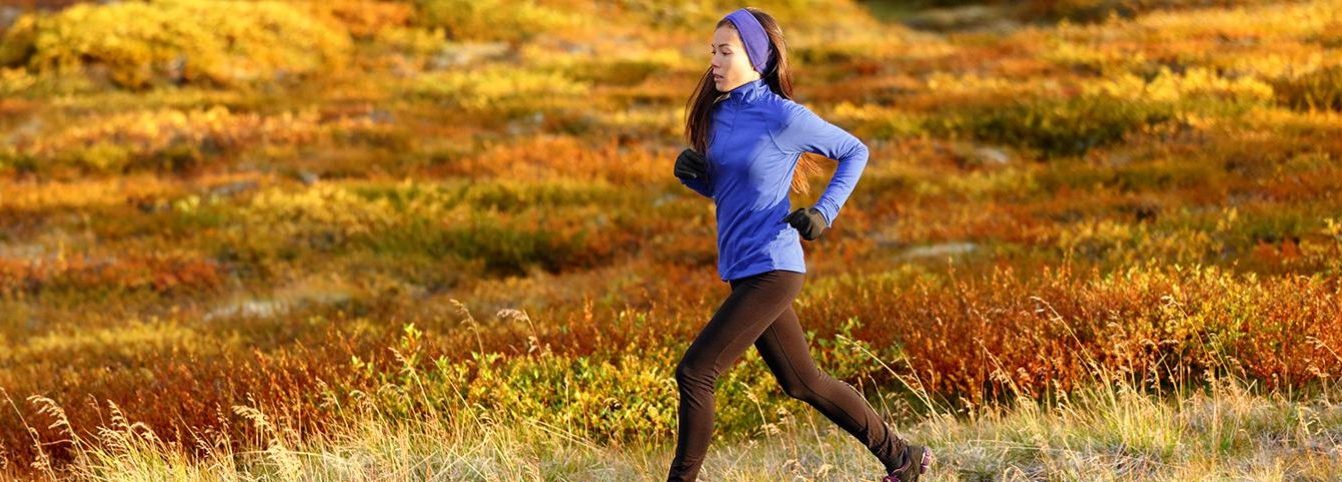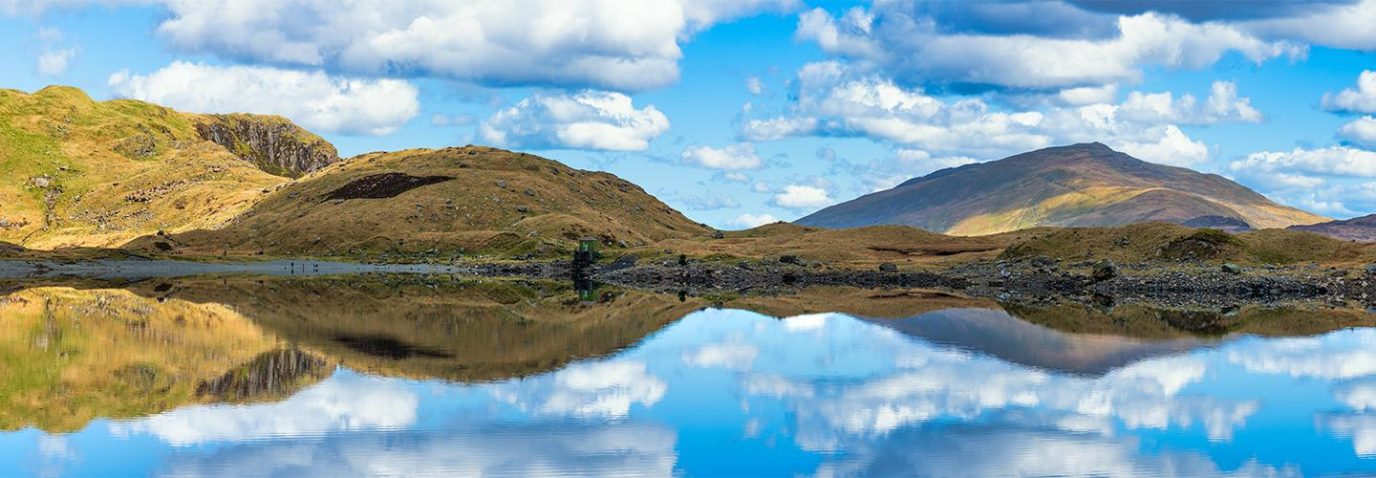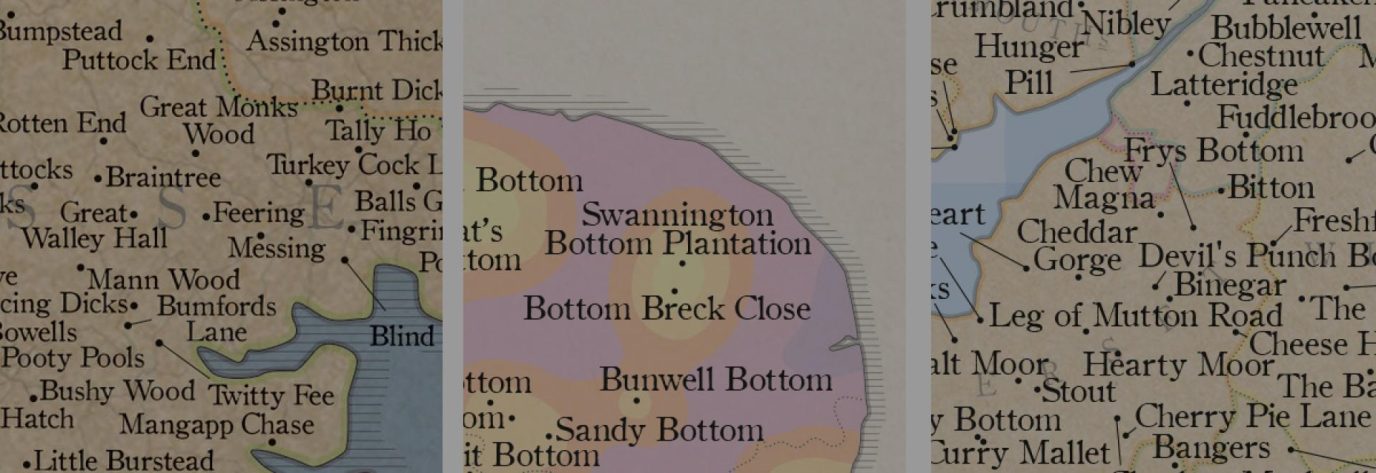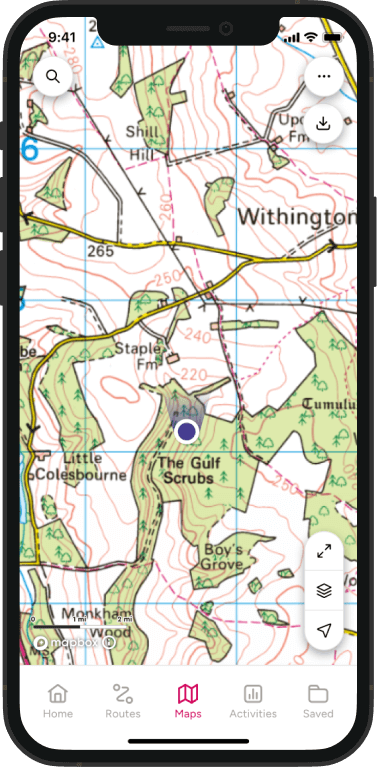Trail running for beginners
Looking to get more from your runs? Enjoy one of the many benefits of trail running and discover new paths near you. Our beginner’s guide to trail running will help get you started.
If you’ve been running off-road, through woodlands and footpaths that take you up gentle hills and down intermittent slopes, then whether you know it or not, you’ve been trail running.

What is trail running?
According to several authorities, trail running takes place on softer, more cushioned terrain like grass and mud. It’s defined as ‘heading off the beaten track’ on routes that may not be marked, and paths that are out in nature. Some interchange ‘trail’ and ‘fell’ running, but the two concepts are quite different, with the latter acknowledged as far more ‘rugged, rocky and extreme’.
Is trail running, therefore, as simple as running on any surface that isn’t solid? Not exactly. It’s about leaving the hustle and bustle of leaving everyday life behind; it’s about feeling the breeze on your face, negotiating tree roots and being alert for overgrown branches. It’s about spotting wildlife and enjoying nature. Essentially, it’s much more fun than running on the road!

Why hit the trails?
The ‘exercise is good for you’ bit aside, trail running advocates insist that this form of activity is ‘good for the soul’. You are also less prone to injury with trail running. Due to the softer surfaces, your joints and ankles don’t jar so much as they would on the road. The varying terrain can also help to strengthen core muscles and you’ll find yourself using different muscles during your trail run – helping you run further as the same muscles are not over-used, like they are when road running.
When out on the trails you’re less likely to be exposed to exhaust fumes – instead you can breathe in clean, fresh air – good for the mind and the body! Lastly, as said above, it’s simply much nicer than running on a pavement. The scenery is likely to be more pleasing which enables you to relax and enjoy the great outdoors, taking your mind off the actual running.

What constitutes a trail route?
The experts at Runners World claim that a trail must comprise three of the following four elements: it should be unpaved, offer natural obstacles, be scenic and/or consist of ‘significant elevation gain/loss’. By that reckoning, a run around the local woods might qualify as a trail just as much as a paved cycle path in a National Park.
That said, some of best trails are those which you can only access on foot; unspoilt environments which offer you superb scenery. They might include a short stretch of road running, but if the route is predominantly off-road, then you’re on a trail.
You can find running trails with the help of OS Maps. Just select ‘Running’ when discovering routes or plot your own by looking for the green dashed lines (of various thickness) on an OS Explorer Map. If the green dashed line runs through a rural area like a field or a woodland, it’s most likely to be a trail.

Trail running for beginners
When you are out and about, it’s polite to observe a certain etiquette. If you are on a small trail or a paved path, be respectful of other walkers and leave a good distance between them and you. You may even need to walk yourself on some elevations – which is perfectly fine. Walking is allowed!
As you might be running in more sheltered, obscured locations, safety is paramount. Let someone know where you are going and what time you expect to return. Wear brightly-coloured gear and keep an eye out for nature’s trip hazards. If possible, run with someone else. We hardly need to remind you to exercise some common sense, but if you do feel a little isolated, then don’t run down that trail.

As with any form of activity, trail running can be as tough or as easy-going as you like. You don’t need to find the nearest steep ascent, simply find a park or woodland and run. It’s a good idea to determine a route first, to allay any fears about getting lost. Alternatively, consider joining a trail running group in your area where seasoned runners can offer you support and advice. Eventually, when you feel ready, you could enter organised trail running events.
You’ll need the right gear, of course. The uneven, but softer terrain means that your shoes don’t need to be as cushioned as they might for road running, but try to find a pair that offers suitable grip as you could be traversing dirt paths and slippery grasses. Look for shoes with 4mm lugs or above and veer away from GORE-TEX® – they are great at keeping you dry through wet grass but even the most water-proofed shoes won’t hold up if you’re wading through ankle-deep puddles!
By the same token, wear clothes that are washable, as you are likely to get muddy at various points during your trail running regime. Don’t wear anything you are precious about, as there is a chance you could snag clothing on branches. A waterproof/windproof jacket will come in handy if it’s likely to rain or you’re running in exposed areas where you may feel the elements more. If you’re running for longer than an hour or in the summer you may want to take food and water with you.. A hydration pack with integrated water bladder or a running vest are popular with runners.

Navigate with ease
If you’d like to try your hands at trail running then first you need to find a route. Use OS Maps to find running routes near you or have a go at plotting your own. Remember to download OS mapping onto your device before you leave home for instant access to offline mapping when you’re out in nature and possibly out of signal range. This will ensure you won’t get lost and it will offer you the flexibility to alter your route as you go. You can also follow your route with the OS Maps and enable notifications which will tell you when you’ve gone off course – navigating on trails couldn’t be easier!
GPS devices for trail running
Many people like to carry a GPS device when hitting the trails, not just for safety but for navigation too. GPS watches are the most popular amongst runners and they are easy to use alongside OS Maps – which will have more detailed mapping. All you need to do is export your route file (GPX) from OS Maps and connect it to your GPS (using Garmin Connect for example) and you’ll be able to follow the route on your watch. As mentioned, the mapping won’t be as detailed on a GPS watch, so it’s always wise to have the OS Maps app or a paper map with you too, just in case you find yourself off track or needing to alter your route.
Read our beginner’s guide to GPS devices and find out how to choose the right GPS for you.
The wonderful thing about trail running is that anyone can take it up – whether you’re someone who runs regularly or is looking for a new way to explore nature while increasing their fitness levels. It offers the chance to see some wonderful parts of the country that you may not otherwise see – why not give it a go?
Remember to take care of the great outdoors and follow the Countryside Code at all times.





